
“Kyle’s photo-montage of black and white clippings, mostly from fashion magazines, Bailey and Avedon, etc., glued to the walls surrounding his bed”.
Kip Jones is pleased to announce that the tripartite story, “True confessions: why I left a traditional liberal arts college for the sins of the big city”, first published in Qualitative Research Journal, is available on Academia.edu. Jones is particularly pleased that what is now called ‘auto-fiction’ has been accepted for publication by such a major qualitative journal. The three stories in the article conclude with a scene from Jones’ ongoing development of the feature film script for “Copacetica”. All three stories portray aspects of the sexual fumbling and romantic insecurities typical in youth.

“Dirty Frank’s” bar, Philadelphia, where the main characters of “Copacetica” frequently meet.
The second piece of writing consists of the bar scene from “Copacetica”. This is the scene in which all the major characters are introduced and the story sets up the conundrum that the main character will face in the film.
“Copacetica” tells the tale of a gullible youth on a roller coaster ride of loss of innocence and coming out in the flux and instability of 1960s hippy America. Often seen as a period of revolution in social norms, Copacetica’s themes include being different, the celebration of being an outsider, seeing oneself from outside of the “norm”, and the interior conflicts of “coming out” within a continuum as a (gay) male in a straight world. These observations are set within the flux and instability of a period of great social change, but which are often viewed in retrospect as consistent and definable. Being straight or being gay can also be viewed in a similar way within the wider culture’s need to set up a sexual binary and force sexual “choice” decision-making for the benefit of the majority culture, or ‘heteronormativity’. Through the device of the fleeting moment, the story interrogates the certainties and uncertainties of the “norms” of modernity.
In the later gallery scene (not yet published), a minor character explains the meaning of the word, “copacetic”:
VISITOR TWO What d’he say? VISTOR ONE “Everything’s copacetic”! (Beat) What does that mean, anyway? VISITOR THREE Everything’s cool. Everything’s okay. Or “Groovy” as they like to say.
Asked what he enjoyed about writing the script for this film, Jones said, “Definitely revisiting the slang used by youth of the 1960s! It’s virtually its own language. And writing the sex scenes. Exciting and very tiring. Almost like the real thing”.
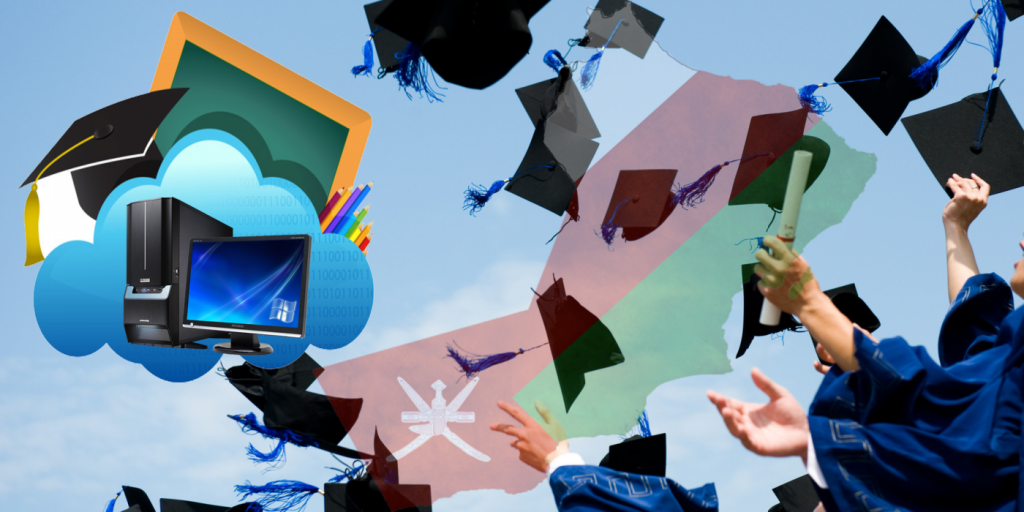
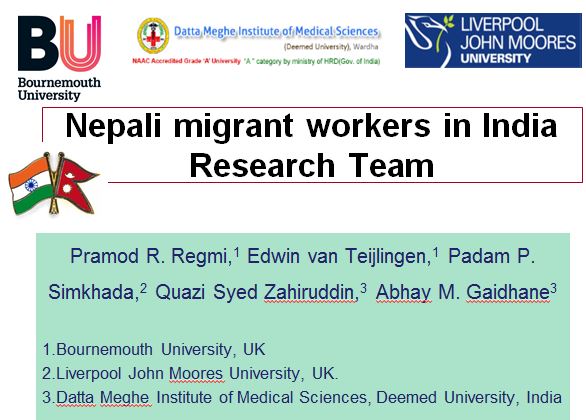




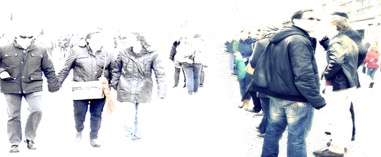

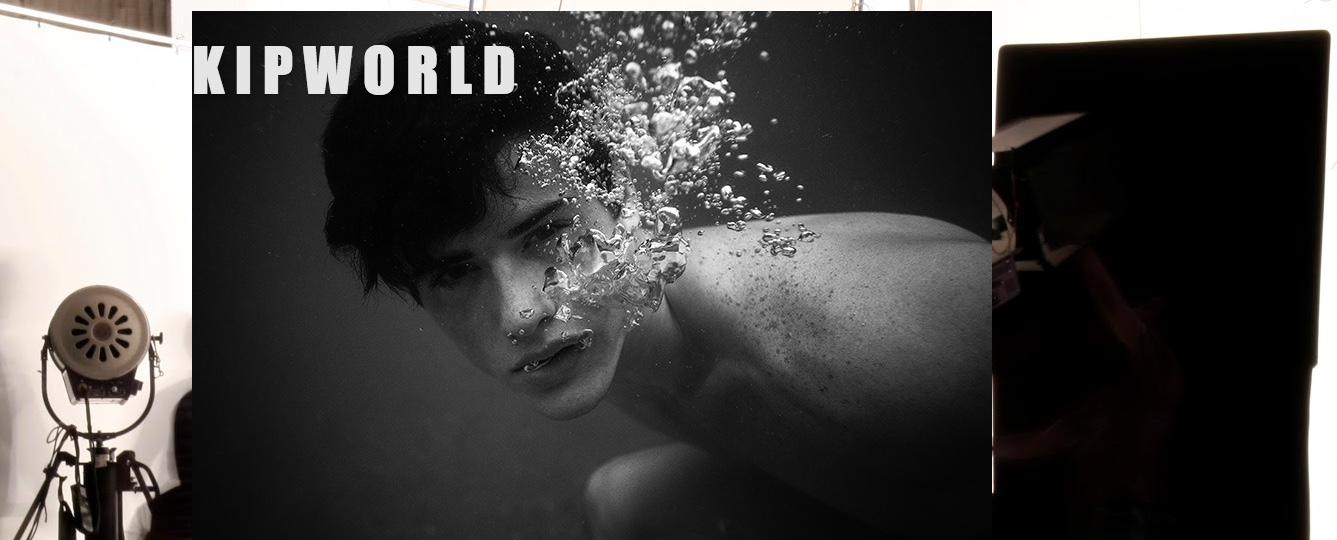 KIPWORLD,
KIPWORLD,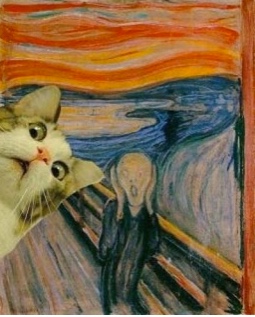 Find your own voice, even your own subject material. Use your blog to develop your writing and your personal style. Don’t just assume that it has to look and sound like a blog to be one. Include at least one picture with every blog article. Let people know about the blog through social media—don’t expect an audience to just find it on its own. Promote it.
Find your own voice, even your own subject material. Use your blog to develop your writing and your personal style. Don’t just assume that it has to look and sound like a blog to be one. Include at least one picture with every blog article. Let people know about the blog through social media—don’t expect an audience to just find it on its own. Promote it. From time to time, Jones holds an hour-long taster session, “Academic Blog Writing”. If you are interested in joining an upcoming session, please
From time to time, Jones holds an hour-long taster session, “Academic Blog Writing”. If you are interested in joining an upcoming session, please 
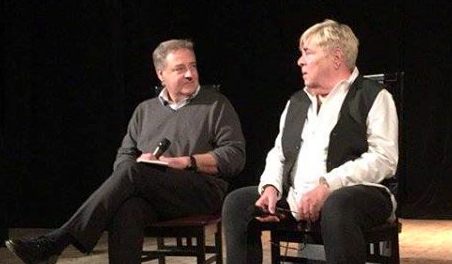
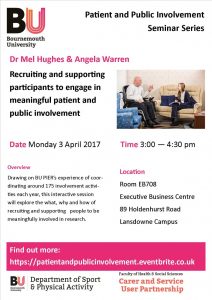
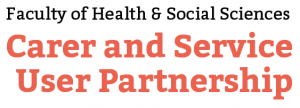
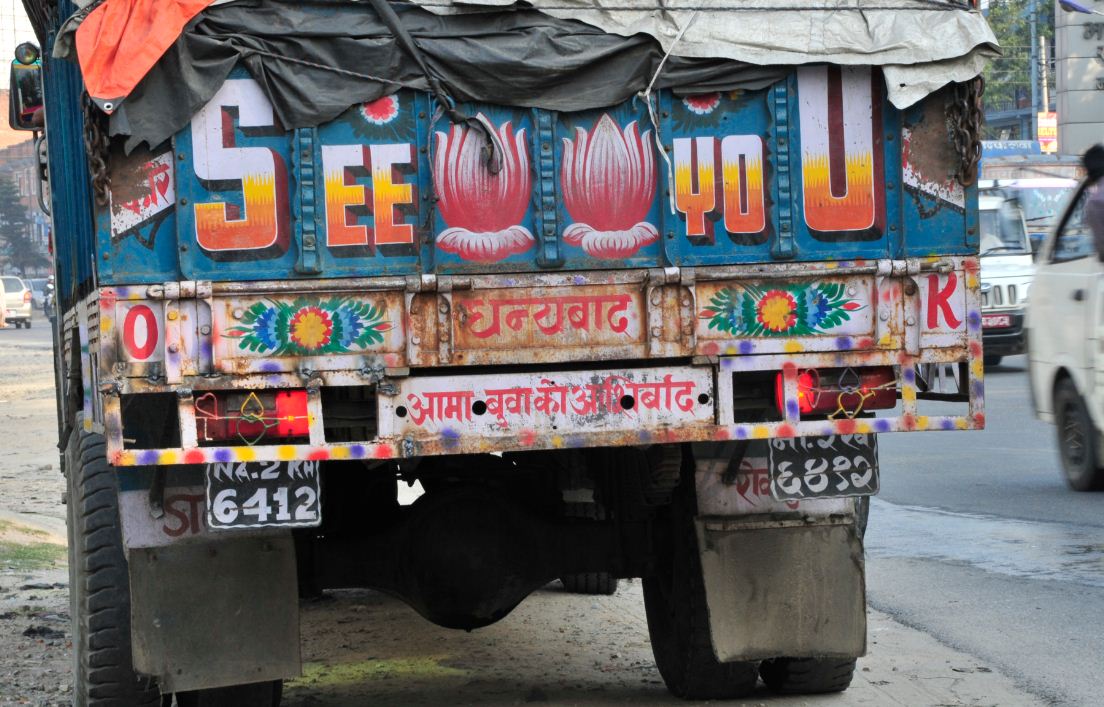

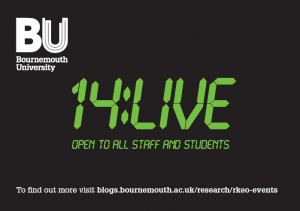

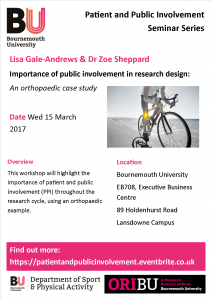
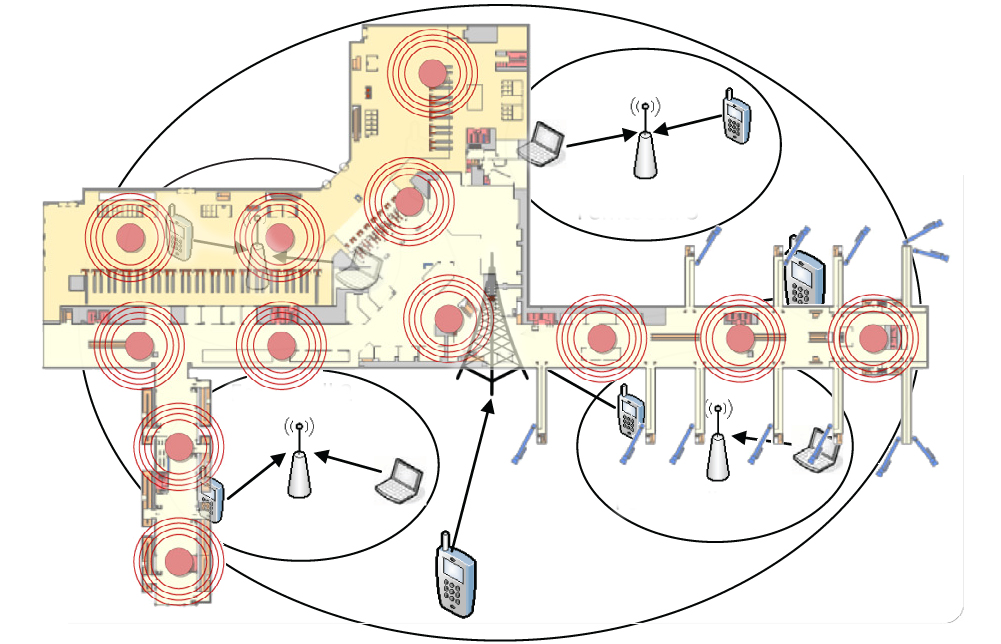

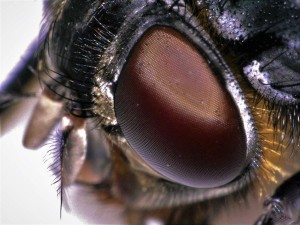
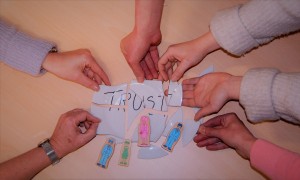
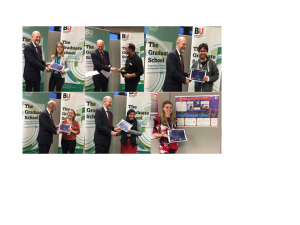
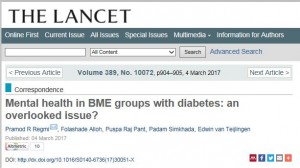











 SPROUT: From Sustainable Research to Sustainable Research Lives
SPROUT: From Sustainable Research to Sustainable Research Lives BRIAN upgrade and new look
BRIAN upgrade and new look Seeing the fruits of your labour in Bangladesh
Seeing the fruits of your labour in Bangladesh Exploring Embodied Research: Body Map Storytelling Workshop & Research Seminar
Exploring Embodied Research: Body Map Storytelling Workshop & Research Seminar Marking a Milestone: The Swash Channel Wreck Book Launch
Marking a Milestone: The Swash Channel Wreck Book Launch ECR Funding Open Call: Research Culture & Community Grant – Application Deadline Friday 12 December
ECR Funding Open Call: Research Culture & Community Grant – Application Deadline Friday 12 December MSCA Postdoctoral Fellowships 2025 Call
MSCA Postdoctoral Fellowships 2025 Call ERC Advanced Grant 2025 Webinar
ERC Advanced Grant 2025 Webinar Update on UKRO services
Update on UKRO services European research project exploring use of ‘virtual twins’ to better manage metabolic associated fatty liver disease
European research project exploring use of ‘virtual twins’ to better manage metabolic associated fatty liver disease